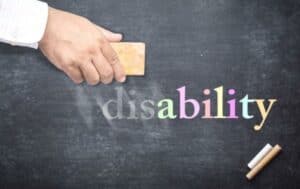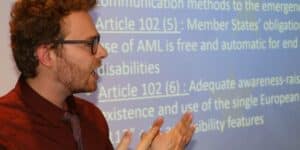On 24th April 2022, the European Commission (the Commission) proposed guidance to Member States, under the 2023 European Semester Spring Package, on a number of key policy areas, including proposing guidelines on Member States’ employment policies. The European Semester is a tool for coordination and monitoring of economic and employment policies within the European Union (EU). The European Semester integrates the principles of the Pilastro europeo dei diritti sociali (EPSR) and of its monitoring tool, the Social Scoreboard, and provides for strong engagement with social partners, civil society and other stakeholders. Indeed, the EPSR constitutes a reference framework to monitor the employment and social performance of Member States.
The proposed Employment Guidelines for 2023 set commonpriorities for national employment and social policies to make them fairer and more inclusive. The current Guidelines, adopted in November 2022, already reflect the post-COVID environment, Russia’s war of aggression against Ukraine and the EU Pillar of Social Rights. Consequently, the Commission proposes to carry over the current Employment Guidelines to 2023. However, each year, they are adjusted to reflect any relevant policy (such as the European Year of Skills), as well as global developments.
Specifically, with regards to implications for the deaf community, Guideline 8 of last year’s Employment Guidelines is being revised as follows – "Promoting equal opportunities for all, fostering social inclusion and fighting poverty”. This reflects the Commission’s motivation to further the rights of marginalised groups, such as persons with disabilities. Page 7 of the proposed guidelines, point 13 explicitly mentions tackling the discrimination of persons with disabilities in terms of their access to employment. Furthermore, the proposal for a Council Decision on guidelines for the employment policies of the Member States, includes mention of the European Strategy on the Rights of Persons with Disabilities, stating “the potential of persons with disabilities to contribute to economic growth and social development should be further realised…”. In this regard, the Commission has called on Member States to set up employment and adult learning targets for persons with disabilities – something EUD will be working on later this year.
Il EU headline targets for 2030 on employment (at least 78 % of the population aged 20-64 should be in employment), skills (at least 60 % of all adults should participate in training every year) and poverty reduction (at least 15 million fewer people at risk of poverty or social exclusion, including five million children), will help, together with the Social Scoreboard, in monitoring progress towards the implementation of the principles of the EPSR as part of the policy coordination framework in the European Semester. The next step is for the Eurogroup (the collective term for the informal meetings of the finance ministers of the eurozone) and the European Council to discuss the Package and to endorse the revised Employment Guidelines. EUD will continue to monitor the EU’s progress in ensuring Member States’ implementation of the revised Guidelines, from the deaf perspective, once they have been approved.













